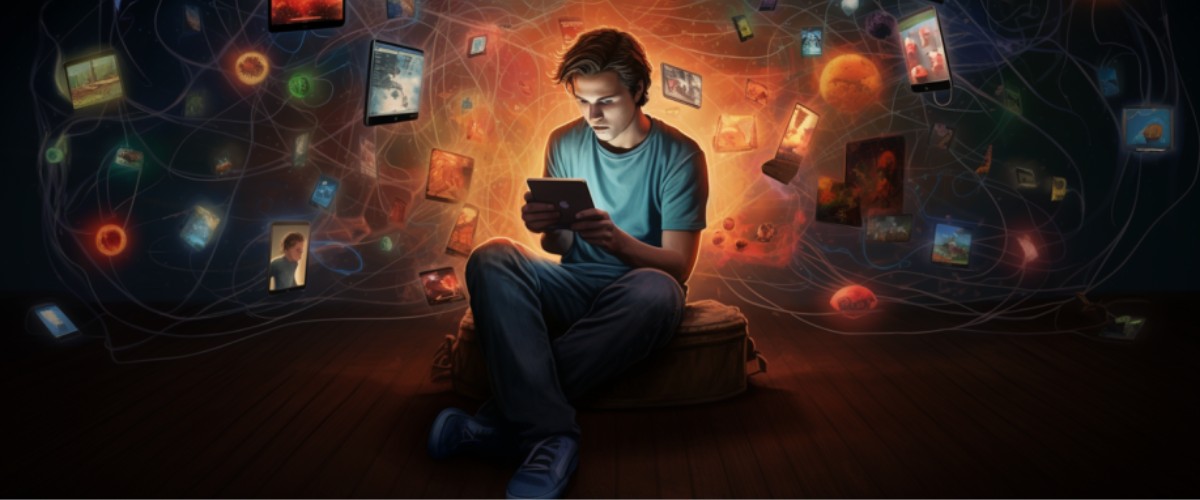The epoch-making ascent of the Internet and social media from the late 20th to the early 21st century inherently redefined global communication, catalysing immeasurable transformations across socio-economic, political, and cultural spheres worldwide.
Background
- Origins and Development
- The Internet finds its roots in ARPANET, developed in the United States during the 1960s.
- Tim Berners-Lee’s creation of the World Wide Web in 1989 signposted a pivotal moment, democratising information access globally.
- Entities and Personalities
- Key figures like Mark Zuckerberg (Facebook), Jack Dorsey (Twitter), and Larry Page (Google) spearheaded Internet and social media revolutions.
- Major entities such as Google, Facebook, and YouTube became synonymous with daily life, drastically reshaping communication and content dissemination.
Major Happenings
- Proliferation of Personal Computers
- The 1990s witnessed an explosion in personal computer usage, facilitating Internet access.
- Emergence of Social Media Platforms
- Early 2000s: Platforms like MySpace, LinkedIn, and Facebook emerged, providing new social connectivity avenues.
- Mid to Late 2000s: Platforms like Twitter, Instagram, and Snapchat provided alternative approaches to social interaction and content sharing.
- Expansion of E-Commerce
- E-commerce giants like Amazon and Alibaba capitalized on internet accessibility, revolutionising retail and global trade.
Immediate Outcomes
- Globalisation and Connectivity
- Enhanced global connectivity, enabling real-time communication and information exchange.
- Economic and Job Market Evolution
- The dot-com boom and subsequent expansion of tech companies reshaped the economic landscape and job market.
- Political and Social Movements
- Events like the Arab Spring illustrated the pivotal role of social media in mobilizing social and political movements.
Long-term Impact
- Influence on Politics
- Social media has become a crucial tool for political campaigns, policy dissemination, and public engagement.
- Cultural Globalisation
- International cultural exchange became prolific, fostering a blend and sometimes clash of cultures.
- Technological Dependency
- Societies worldwide developed a profound dependency on the Internet for various aspects of daily life, work, and governance.
- Data Privacy Concerns
- The ubiquity of digital platforms gave rise to significant data privacy and security concerns, prompting debates and regulations like GDPR.
Conclusion
Encompassing myriad facets of human existence, the ascendance of the Internet and social media irreversibly sculpted the contours of global society, politics, and economy. Their inception and evolution underscore a pivotal chapter in human history, perpetually reshaping interpersonal communication, international relations, and global power dynamics. As we navigate through the unchartered waters of the digital age, the entwining of our global societies with the digital realm will continually forge new pathways, challenges, and narratives, embedding the legacy of the Internet and social media ever more deeply into the fabric of our collective history.








